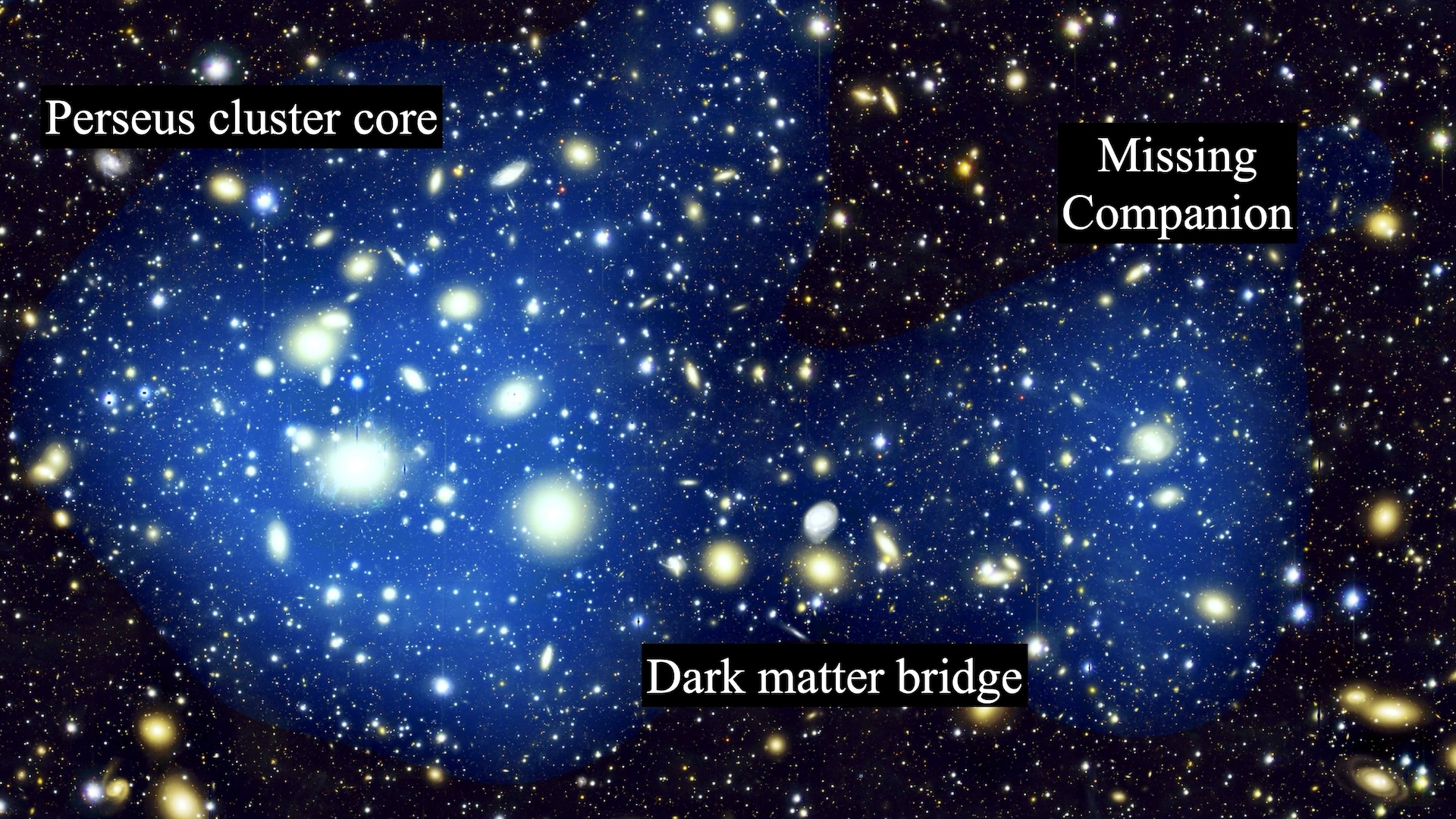Stem Cell Research Controversy: What the Injunction Means
The National Institutes of Health ordered its scientists Monday to shut down their research on human embryonic stem cells, in response to the temporary injunction issued in a U.S. district court halting federal funding of such studies. The ruling came 17 months after President Barack Obama expanded federal funding for this type of stem cell research.
The issue is complex and may leave you with questions. Here we've broken down the events of the past week and the science behind the headlines.
What are stem cells?
Stem cells are special types of cells that can renew themselves seemingly indefinitely and also have the ability to form multiple types of cells in the body. Two types of human stem cells used in research are embryonic stem cells and adult stem cells.
Human embryonic stem cells can give rise to virtually any cell in the human body. They are derived from human embryos.
Adult stem cells have a more limited ability to form other types of cells. For instance, neural stem cells can go on to form only neurons.
Embryonic stem cells are being used to research potential treatments and cures for a variety of human diseases, including diabetes, cancer, Parkinson's disease, ALS and Alzheimer's disease.
Sign up for the Live Science daily newsletter now
Get the world’s most fascinating discoveries delivered straight to your inbox.
What exactly did the court decide?
Before we get to the actual court decision, it's helpful to take a step back.
Obtaining stem cells from a human embryo requires the destruction of the embryo. Once the stem cells are isolated, they can divide essentially forever and can be cultivated in colonies known as stem cell lines. Researchers subsequently can use stem cells from these lines with no further need of an embryo.
In 1996, Congress passed the Dickey-Wicker Amendment prohibiting the use of federal funds for research in which a human embryo is destroyed.
Three years later, lawyers for the Clinton administration argued that research using the existing stem cells lines did not involve the destruction of a human embryo. Federal funding was allowed for research using embryonic stem cell lines as long as the initial derivation of the stem cells had been funded by private money.
In 2001, President George W. Bush limited federal funding to the 21 stem cell lines that existed at that time.
In March 2009, Obama lifted Bush's restrictions, a move that expanded federal funding to many more stem cell lines. The initial extraction of the stem cells from the embryos still depended on private funding. But as long as the stem cells were obtained from embryos no longer needed for in-vitro fertilization, and the donors gave permission for the embryos to be used for research purposes, federal funds could be used for research of the stem cell lines.
Last month's federal court decision essentially said that, because the initial step to extract human embryonic stem cells involves destroying the embryo, all subsequent research involving the stem cells does, too, because the research process cannot be separated into steps.
Judge Royce C. Lamberth's ruling, which refers to embryonic stem cells as ESCs, reads: "Despite defendants' attempt to separate the derivation of ESCs from research on the ESCs, the two cannot be separated. Derivation of ESCs from an embryo is an integral step in conducting ESC research."
The document continues: "Simply because ESC research involves multiple steps does not mean that each step is a separate 'piece of research' that may be federally funded, provided the step does not result in the destruction of an embryo. If one step or 'piece of research' of an ESC research project results in the destruction of an embryo, the entire project is precluded from receiving federal funding by the Dickey-Wicker Amendment."
What will happen next?
The ruling has led to uncertainty among scientists regarding funding of their present, ongoing and future work.
"There isn't a clear picture that's entirely emerged," said Larry Goldstein, direct of the University of California, San Diego, Stem Cell Program.
The National Institutes of Health has said that grants already awarded for the fiscal year will continue, according to Stephen Chang, the vice president of research and development for the New York Stem Cell Foundation.
However, researchers who need their grants renewed or who have submitted grants for new projects may not receive funding.
"Many grants that have been submitted are now being held up from any further review," Goldstein said. This means funding for ongoing research may cease before long, he said.
Also, it's possible that existing funds could be affected if the legal interpretation currently being used by the NIH is ruled incorrect.
"We're getting mixed messages about existing work," Goldstein said. "As a practicing scientist, there is a certain amount of confusion about what is the right thing to do in order to comply with the law."
The Obama administration has said it will appeal the ruling.
Will research on certain diseases be particularly affected?
"Research on diseases where embryonic stem cells are an important avenue for progress will be affected the most," Goldstein said.
These include type 1 diabetes and neurodegenerative diseases such as Parkinson's, spinal cord injury and Alzheimer's.
"The impact of embryonic stem cells on this sort of research is across the board in many ways," Goldstein said.
What do researchers think of the ruling?
"I was surprised, shocked and dismayed," Chang said. "I think everybody was surprised by this ruling."
"The ruling overturned a decade of administrative, White House interpretations, both Republican and Democrat," Goldstein said. "It gets in the way of investing already funded research, potentially."
Francis Collins, the director of the National Institutes of Health, also expressed concern about the court decision.
"The injunction threatens to stop progress in one of the most encouraging areas of biomedical research, just as scientists are gaining momentum and squander the investment we have already made. The possibility of using these cells to replace those that have been damaged by disease or injury is one of the most breathtaking advances we can envision," he said in a statement.
Although Chang's organization does not receive funding from the federal government, and is thus not affected by the decision, he says research from many different entities is needed for progress.
"It takes a village to raise a child, and it takes a village to get research to the clinical [stage] to cure diseases, and it requires work from disparate entities," Chang said. "Any research that's stopped for, in this case, political reasons, is really not justified."

Rachael is a Live Science contributor, and was a former channel editor and senior writer for Live Science between 2010 and 2022. She has a master's degree in journalism from New York University's Science, Health and Environmental Reporting Program. She also holds a B.S. in molecular biology and an M.S. in biology from the University of California, San Diego. Her work has appeared in Scienceline, The Washington Post and Scientific American.









